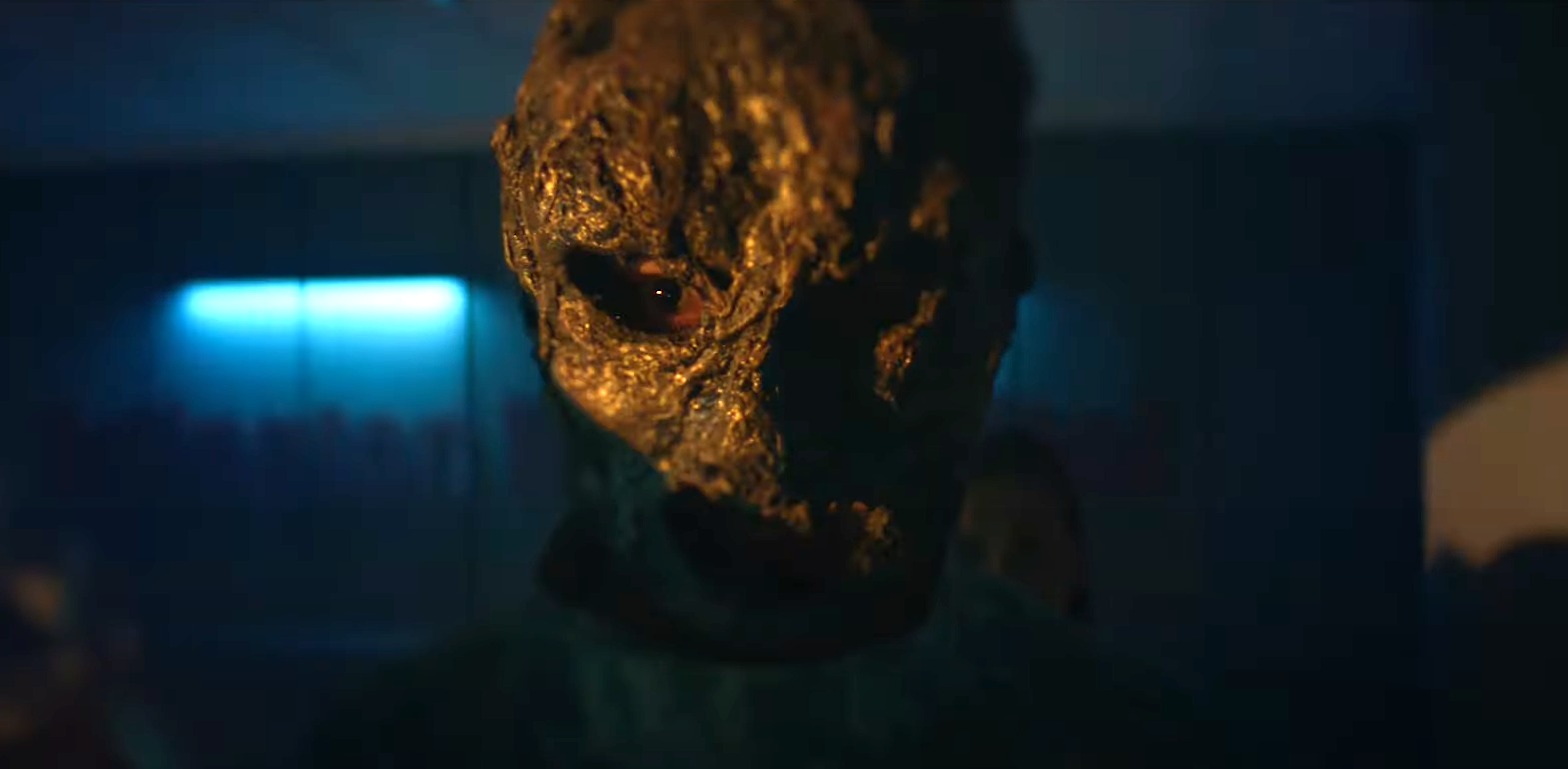In a future where borders have collapsed under the weight of catastrophe, Refuge (2025) presents a haunting, emotional, and action-packed portrait of a world reshaped by climate change and mass displacement. Directed by Denis Villeneuve and starring Naomie Harris, Oscar Isaac, and Dev Patel, the film blends tense survivalism with profound moral questions — asking not just what will happen when society breaks down, but who we become in its aftermath.
Set in the year 2042, Refuge opens with the Earth on the brink. Rising sea levels have drowned major cities, deadly heat waves sweep across continents, and most functioning governments have collapsed under the pressure of economic instability and mass migration.
The only remaining "Safe Zones" are fortress-like cities protected by private military companies. The story follows Leah Raines (Naomie Harris), a former humanitarian worker now turned smuggler, who specializes in getting refugees into these zones — for a price.
Her latest mission takes her across a shattered North Africa and into the Middle East, where she’s hired by a grieving father, Dr. Arman Kavari (Oscar Isaac), to smuggle his daughter Lina — one of the few surviving whistleblowers of a government-engineered ecological disaster — into the walled-off city of Eden-9, a privatized haven in the Alps.
Accompanied by a rogue climate scientist, Ravi Basra (Dev Patel), and pursued by bounty hunters working for a corrupt energy conglomerate, Leah must confront her past, fight through betrayal, and decide whether redemption is worth the lives she’ll have to risk — or lose — along the way.
While Refuge is science fiction at heart, it’s frighteningly grounded. The cinematography by Greig Fraser paints a world of scorched deserts, flooded cities, and abandoned megastructures. The color palette is dominated by ochres, deep reds, and cold metallic blues — evoking both environmental collapse and human detachment.
Director Denis Villeneuve leans into tension and quiet dread, using long takes and minimal exposition to immerse viewers in the unforgiving reality of displacement and desperation. Dialogue is spare but sharp, and silence becomes its own kind of language in scenes of grief, danger, or fleeting hope.
-
Leah Raines (Naomie Harris) is the film’s emotional core — a woman hardened by loss, numbed by survival, but still capable of compassion. She doesn’t believe in causes anymore — only in getting people through the next day. But as the mission deepens, so does her conviction.
-
Dr. Arman Kavari (Oscar Isaac) is a former UN climate analyst whose activism cost him everything. He’s torn between protecting his daughter and exposing the truth. His idealism clashes with Leah’s realism, creating rich emotional tension.
-
Ravi Basra (Dev Patel) brings warmth and curiosity. A reluctant revolutionary, he represents the last flicker of scientific hope — someone who believes the world can still be repaired, even as it falls apart.
-
Lina (newcomer Amina Kassem) is a teenage girl burdened with dangerous knowledge — the face of a generation that inherited a broken world and must decide whether to fight or flee.
The villains of the film are not caricatures. The head of the Eden-9 border control (played in a chilling turn by Tilda Swinton) believes in utilitarian survival: only the "useful" should be saved. Her cold logic becomes one of the film’s most disturbing ideas.
Refuge explores urgent questions:
-
Who gets to survive when resources are scarce?
-
What defines a citizen in a borderless world?
-
Is hope a luxury — or a necessity?
The film critiques real-world refugee politics through a sci-fi lens, drawing parallels to today’s border crises, nationalism, and environmental injustice. But it avoids preaching. Instead, it shows how compassion, fear, and self-interest compete in moments of crisis.
Leah's arc is a journey not from villain to hero, but from detachment to sacrifice. In one of the film’s most powerful scenes, she chooses to send Lina over the border instead of herself — a decision that leaves her fate ambiguous, but her purpose restored.

The action in Refuge is not stylized or excessive. It’s brutal, fast, and mostly defensive. A tense ambush in a desert refugee convoy. A nighttime infiltration of a floating oil rig turned data vault. A near-drowning in a collapsed metro tunnel. Every set piece has emotional weight, as survival becomes more desperate and choices more irreversible.
There are no superheroes here — just tired, injured people making hard decisions.
Refuge ends not with triumph, but with a bittersweet glimpse of hope. Lina reaches Eden-9 and transmits the damning data her father died to protect. The world doesn’t change overnight — but a crack forms in the machine.

Leah, presumed dead, is last seen wandering a flooded street in what was once Istanbul. Whether she survived or not isn’t the point. She became more than a smuggler. She became a refuge herself.
Refuge (2025) is a harrowing, elegant, and emotionally resonant film — one that uses speculative fiction not for escapism, but for warning. It forces us to confront uncomfortable truths about privilege, displacement, and the slow violence of climate change.





